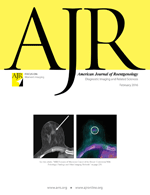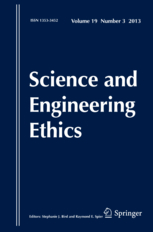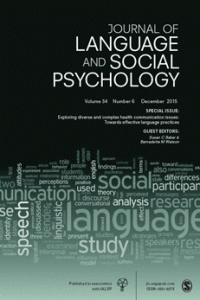
We always like to get a historical perspective on how scientists have tried to correct the record, such as this attempt in 1756 to retract a published opinion about some of the work of Benjamin Franklin. Although that 18th century note used the word “retract,” it wasn’t a retraction like what we see today, in which an entire piece of writing is pulled from the record. These modern-day retractions are a relatively recent phenomenon, which only took off within the last few decades, according to science historian Alex Csiszar at Harvard University. He spoke to us about the history of retractions – and why an organization like Retraction Watch couldn’t have existed 100 years ago.
Retraction Watch: First of all, let’s start with something you found that appears to break our previous record for the earliest retraction – a “retractation” by William Molyneux of some assertions about the properties of a stone, published in 1684. Could this be the earliest English-language retraction? Continue reading What did retractions look like in the 17th century?








